Distinguish Between Illegal Use of Invoices and Use of Illegal Invoices
Based on the provisions of Articles 22 and 23 of Circular 39/2014/TT-BTC, the act of using illegal invoices and the act of illegally using invoices are two actions with different natures.
To be specific: as follows:
| No. | Criteria | Using Illegal Invoices | Illegally Using Invoices |
|---|---|---|---|
| 1 | Concept | It is the use of fake invoices, invoices that have not yet come into effect, or expired invoices. | - It is the act of making fake invoices; - Giving or selling unissued invoices for other organizations or individuals to use when selling goods or providing services (except for cases using invoices sold or issued by tax authorities and cases authorized to issue invoices as guided in this Circular); - Giving or selling issued invoices for other organizations or individuals to account, declare taxes, or disburse budget capital; issuing invoices without filling in required information; - Issuing invoices with discrepancies between copies; - Using invoices for one type of goods or service to substantiate other types of goods or services. |
| 2 | Specific Cases | - Using fake invoices: Using invoices printed or created following the model of such invoices already issued by other organizations or individuals or printed, created with the same serial number of the same invoice symbol. - Using invoices that have not yet come into effect: invoices created following the guidance but not yet completed the issuance notification. - Using expired invoices: invoices completed issuance procedures but the issuing organization or individual has announced not to continue using them; types of invoices lost after issuance notification were reported lost to the directly managing tax authority; invoices of organizations or individuals that have ceased using tax codes (also known as closed tax codes). |
- Invoices containing partly or entirely false content. - Using the invoices of other organizations or individuals for selling, regularizing goods or services purchased without documents, or goods sold to evade taxes without declaring. - Using the invoices of other organizations or individuals for selling goods or services without declaring taxes, to evade taxes; regularizing goods or services purchased without documents. - Invoices with discrepancies in the value of goods or services or with incorrect mandatory items between the copies. - Using invoice to sell goods or services that tax authorities, police agencies, and other competent authorities have concluded are illegally used invoices. |
Please refer to the comparison content above to distinguish the nature between the two acts of using illegal invoices and illegally using invoices.
Sincerely!
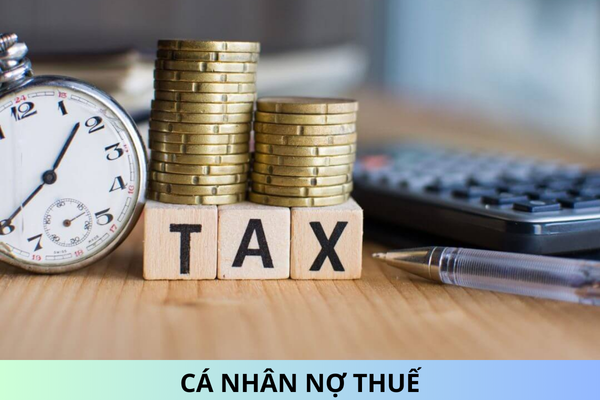
Individuals with tax debts from 50 million VND or more in Vietnam are temporarily suspended from exit
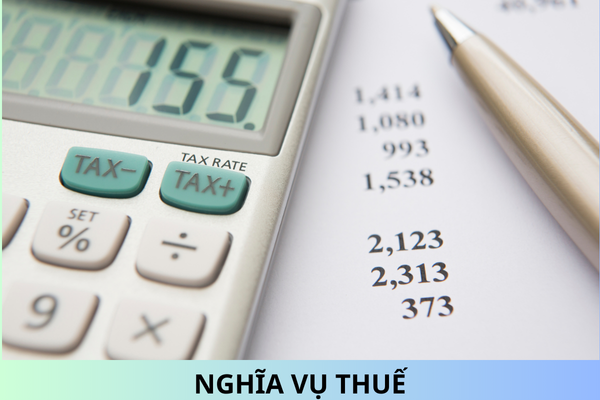
What is the maximum fine for late provision of information, documents, and accounting books related to the determination of tax obligations in Vietnam?
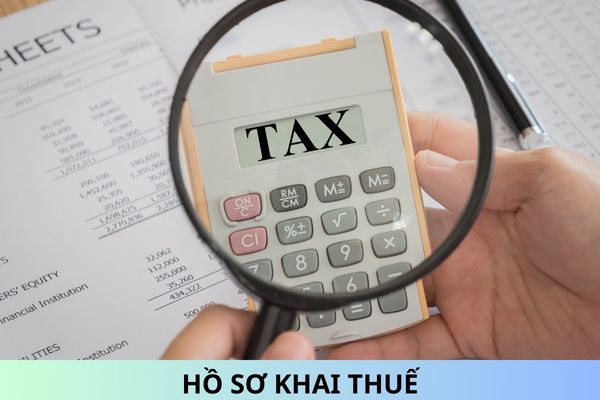
From January 01, 2025, it is prohibited to file supplementary tax returns when there is a tax audit or inspection decision in Vietnam
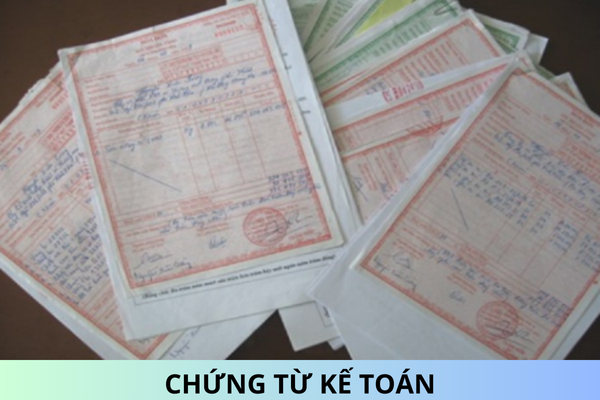
From January 1, 2025, abolition of a mandatory content on accounting documents in Vietnam
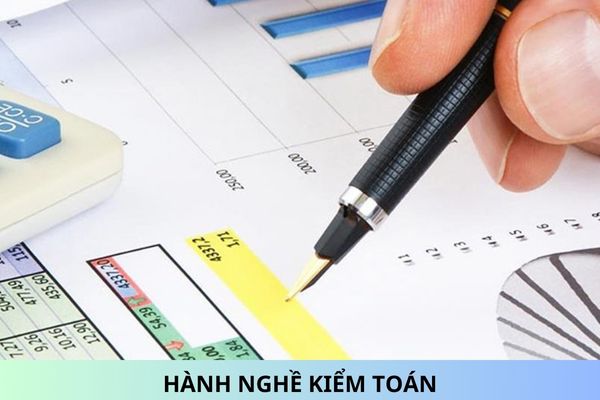
From January 1, 2025, which individuals in Vietnam are not allowed to continue practicing auditing?
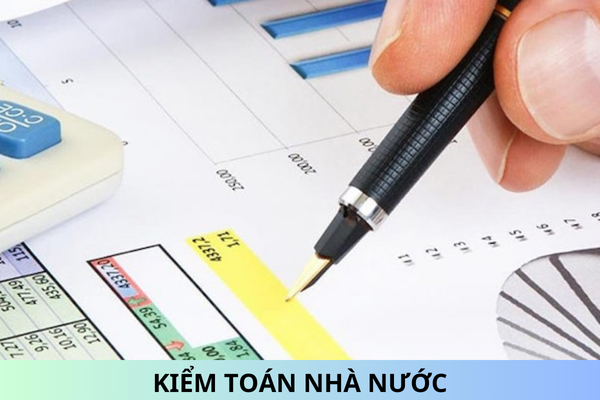
Issuance of Decision No. 1963/QD-KTNN in 2024 on the working regulations of the State Audit Office of Vietnam
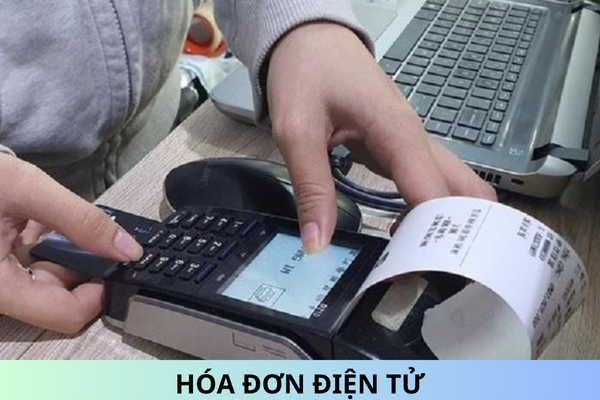
What terms are abbreviated on electronic invoices in Vietnam?

What is an electronic invoice in Vietnam? What types of invoices are considered electronic invoices in Vietnam?
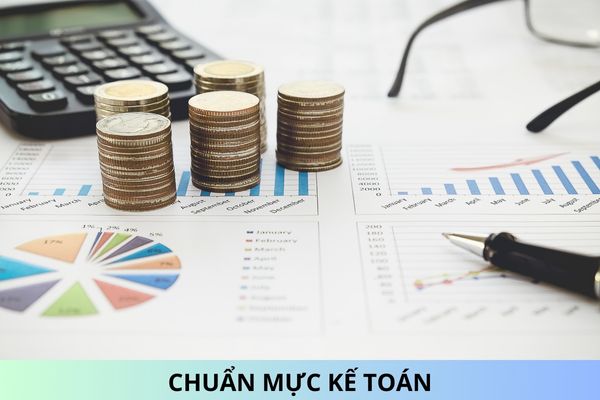
Publication of 5 Vietnamese Public Sector Accounting Standards - Phase 3 of 2024

43 standards for state audit issued by the Auditor General in Vietnam from December 30, 2024
